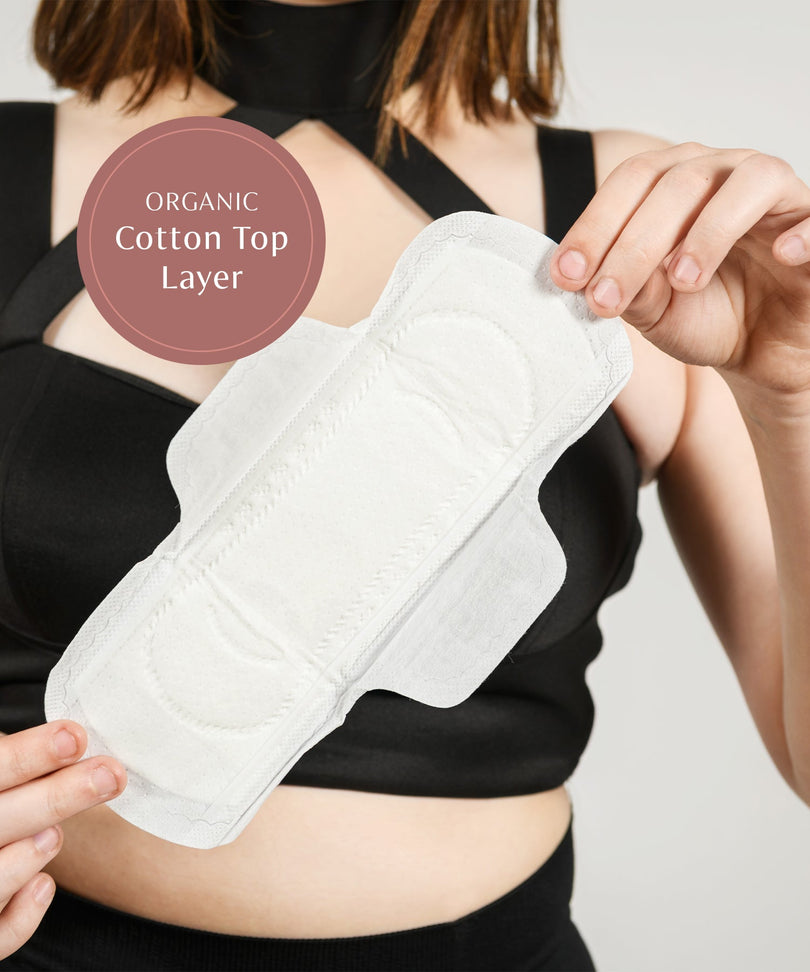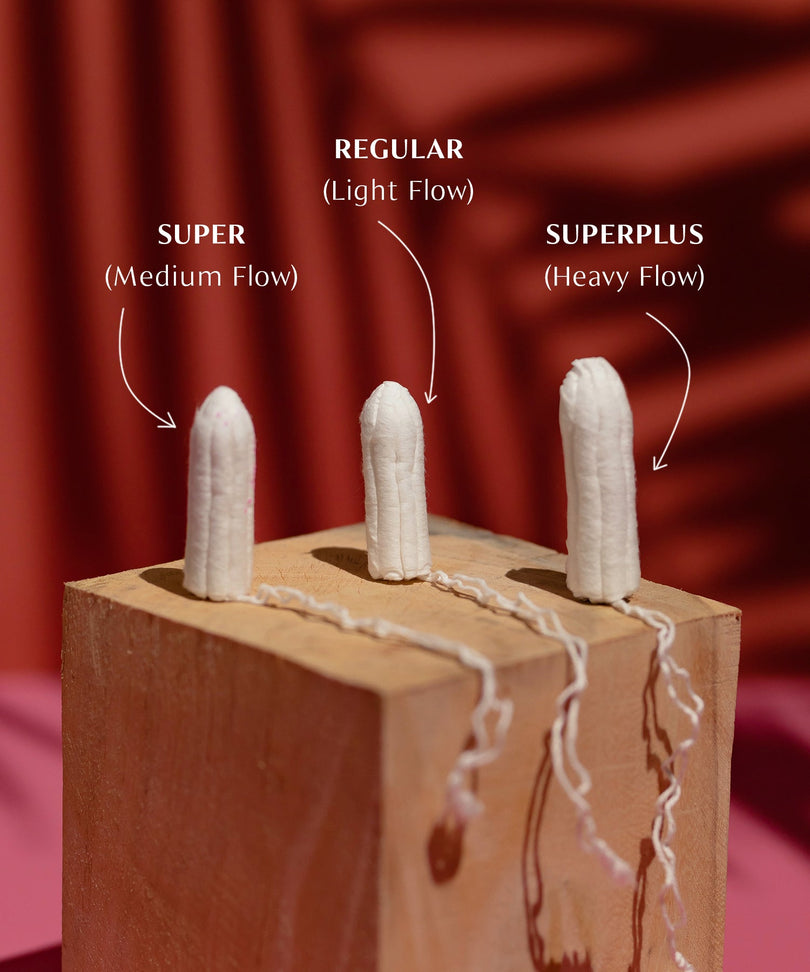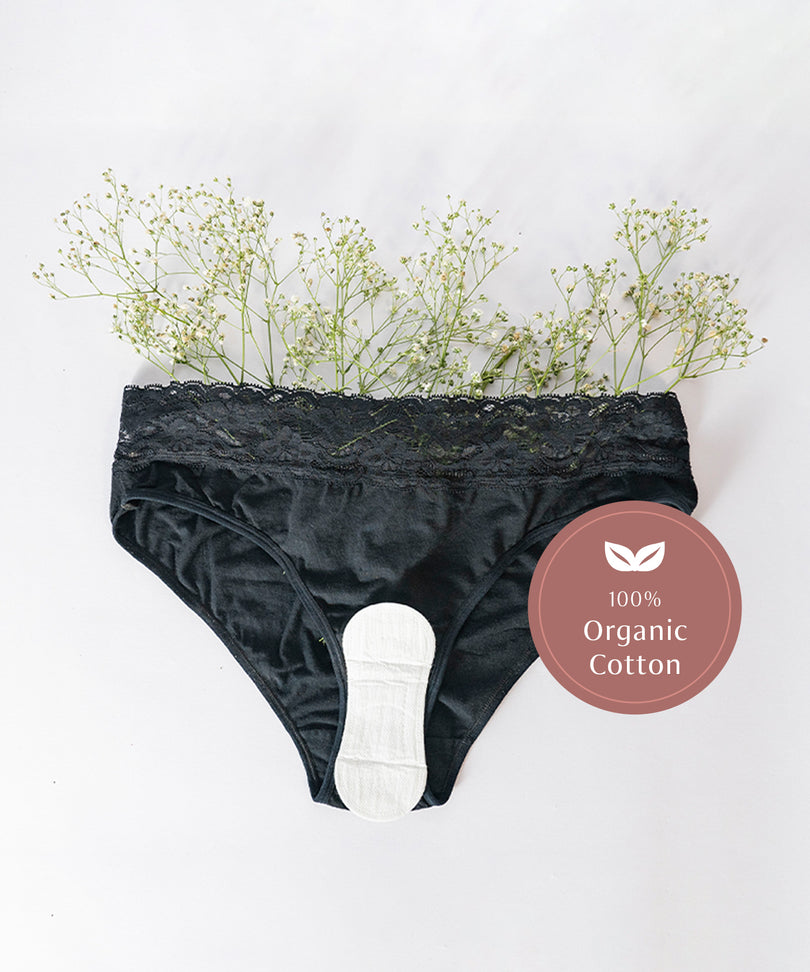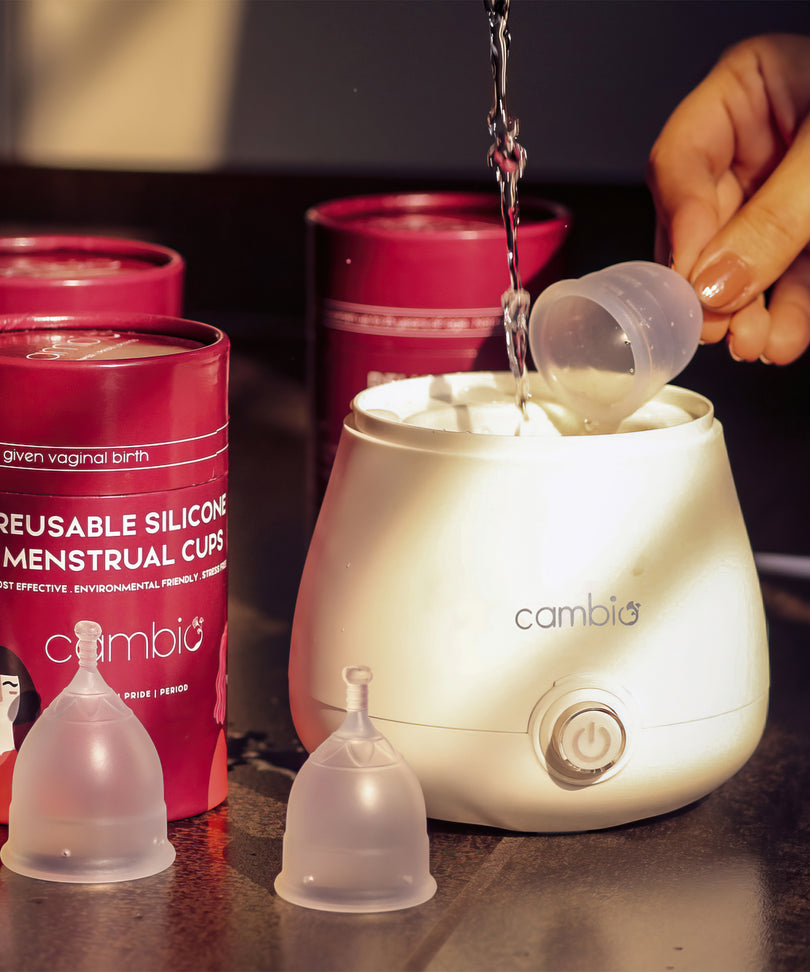In this blog, you’ll find all your questions answered and more. So keep reading to discover everything you need to know about tackling your periods postpartum.
When will your period return after delivery?
Your periods will not start immediately after delivery. Phew! Now, that’s a relief.
And the time it takes to return will vary from woman to woman.
As a general rule of thumb, you can expect your first period to arrive in about 6-8 weeks after delivery if you’re not breastfeeding.
Whereas, if you are breastfeeding, the timing of its return will largely vary due to the hormonal changes that affect your menstrual cycle.
Some women who exclusively breastfeed don’t menstruate during the entire time they are breastfeeding.
So if you choose to feed your child only with breast milk, your periods might get delayed even more.
And for some others, it might return in a couple of months irrespective of whether they are breastfeeding or not.
See, your mood swings are not the only ones that are unpredictable.
Why does breastfeeding delay your periods?
The hormones are the ones to blame. Or thank.
When you’re breastfeeding, your body produces a hormone called Prolactin to help in the production of breast milk.
Prolactin suppresses reproductive hormones and stops you from ovulating. As a result, women who breastfeed don’t get their periods quickly.
Can periods affect your breast milk?
If you were thinking that your periods only liked to mess with your favourite undies, you were wrong. It can have some effects on your breast milk too.
So if your period does return during the breastfeeding period, you might notice some changes.
The amount of breast milk secreted might decrease, and the milk’s composition and taste might seem different to your baby.
However, these changes are minor and will have no serious consequences on your ability to nurse your baby.
Can you get pregnant after delivery without periods?
You will not be fertile immediately after you deliver. And the return of your fertility can be hard to predict.
Breastfeeding can act as natural birth control as it reduces fertility. However, it does not give you a 100% guarantee that you won’t get pregnant again.
And if you don’t exclusively breastfeed ie. nurse your child with no fluids or solids other than breast milk, you could get pregnant.
Plus, if your period arrives while you’re breastfeeding, then you’re no longer protected against another pregnancy.
So make sure to use a safe and effective birth control option like condoms or IUDs if you don’t look forward to getting pregnant immediately.
Lochia or period? Which one is it?
Be it a vaginal or cesarean delivery, you will experience vaginal discharge along with blood for up to the first 6 weeks after delivery.
This discharge is called Lochia. And don’t mistake it for your period. It’s the shedding of the tissue that lined your uterus while you were pregnant.
Lochia starts off as a dark red discharge along with clots. But it gradually turns lighter and clear later.
If you note bright red bleeding after about 6 weeks, then it’s likely your period.
Time to say hi.
What to expect?
There is no set rule on how periods will work after giving birth. The experience is generally as unique as every woman is.
Still, your period after delivery might not feel like the ones you get before pregnancy. Your body has gone through some massive changes and will take time to adjust to menstruation.
However, here are some common changes you can expect.
– Light or intense cramps
– Heavier flow
– Small blood clots
– Disrupted flow
– Increased pain
– Irregularity
Now, this sounds scary. But here’s some good news.
These symptoms won’t last forever! With time, your body will gradually get back to normal.
These unpleasant bunch of changes are majorly due to the extra collection of uterine lining that needs to be shed.
Plus, if you have any prior health conditions, then it could also affect your postpartum periods.
For example, women with thyroid are likely to experience a heavier flow. Whereas, women with endometriosis might experience a lighter flow.
What are the absolute red flags to watch out for?
While it’s quite normal to expect a painful and heavier flow during your first periods after childbirth, you should definitely see a doctor if you experience any of the symptoms mentioned below.
– Soaking through 1 or more pads within an hour
– Sudden fevers
– Bleeding combined with sudden and sharp pain
– Bleeding for more than a week
– Blood clots that are the size of a golfball
– Foul-smelling vaginal discharge
– Breathing difficulty
– Severe headache
– Pain during urination
Besides these symptoms, if your period doesn’t show up for more than 3 months after you’ve stopped breastfeeding, you should bring it to your doctor’s concern immediately.
Conclusion
Besides dealing with baby diapers you’ll also have to deal with your postpartum periods after giving birth.
Luckily, we’ve got your back. This blog will help you prepare ahead and deal with the changes like a pro.
Your period will return depending on whether you breastfeed your baby or not.
And it’s important to note that breastfeeding is not an effective birth control method. So remember to back yourself up with some form of safe contraception.
Lastly, if you observe any red flags, consult with your doctor straight away.
And if you have any more questions, go ahead and leave them in the comments. We’re right here to answer them for you.
Also, if you’d like to share your postpartum period experience, feel free to do so. It’ll be a great help to a lot of other women who’re going through the same.








